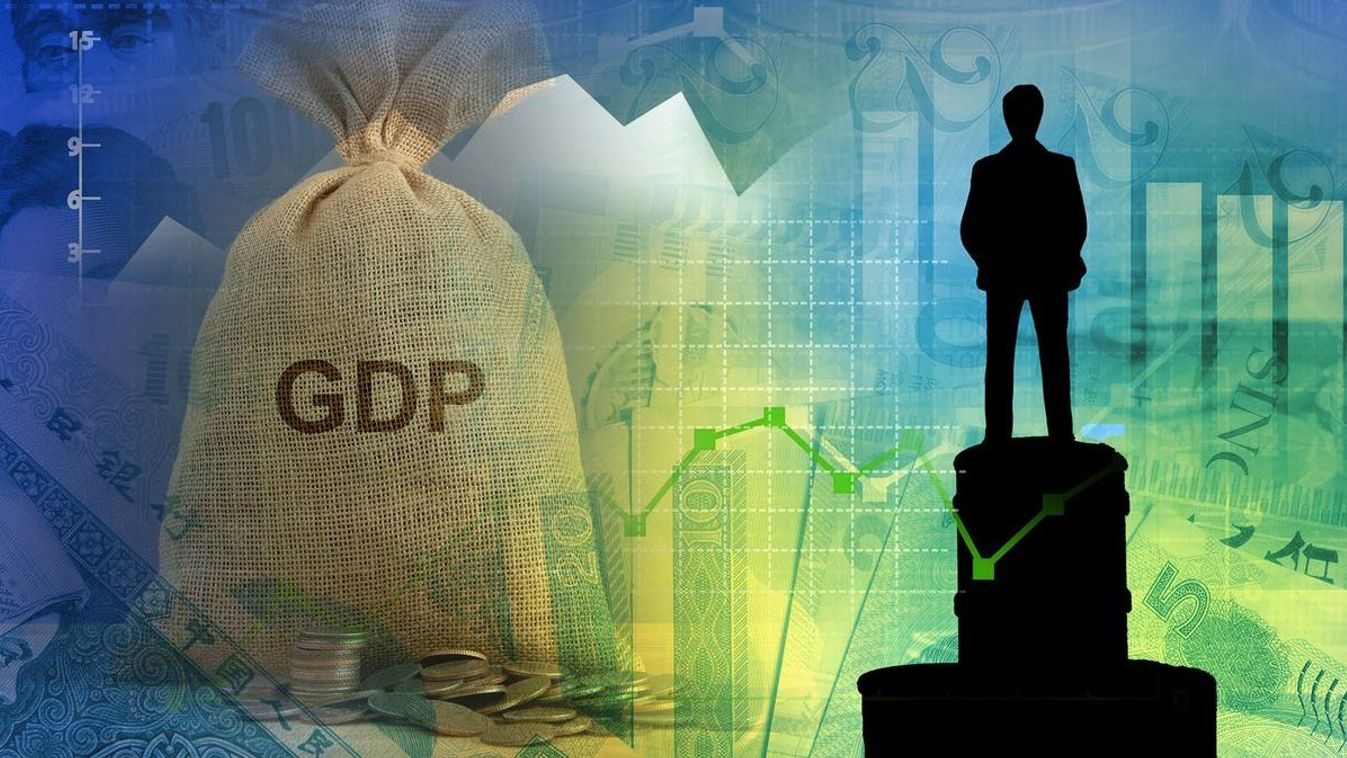The economist believes that the fact that we have an independent means of payment is not bad in itself, because each exchange rate system has advantages and disadvantages. At the same time, according to him, the Hungarian currency
It is weakened by strong exposure to energy and the country’s small foreign exchange reserves.
Zoltán Pogátsa cited the Czech crown and the Polish zloty as examples. He stated that no currency had weakened as much as the forint. At the same time, according to him, these two currencies are a good example of how the crisis can be overcome with an independent currency, and there is also a precedent in which significant inflation can develop along with the euro – Partizan cited the Baltic states as an example. in the broadcast.
They already know something in Sopron
According to the economist, “the best solution is to allow the euro into the country as a parallel currency.” He cited Sopron as an example, where this is already a daily practice – Hungarians working in Austria get paid in euros, while Austrians come here to shop, and everything is written in euros.
The largest part of the Hungarian inflation is the global inflation that we imported, and the smaller part is caused by the weakening of the forint. To say we should get rid of HUF would be like replacing the car in a poorly driven car, not the driver.
– said Zoltán Pogátsa, then added: The eurozone is constantly changing. In the broadcast, he indicated that there were problems in the eurozone not only in Greece, but also in Ireland, Spain, Portugal, Italy, France, Cyprus, Slovenia and Finland. He stated that “it cannot be said that these are Mediterranean countries that are lazy and depraved for all of them, nor can such cultural stereotypes be applied to the Greeks in such a complex critical issue”.
According to him, the entire European side has been in trouble in recent decades, which is why it is worth knowing other situations before rushing into the eurozone.
The economist concluded his argument by saying that he feared that Hungary’s accession to the eurozone would lead to the same disappointment as during regime change or after joining the EU and NATO. Remind him that people have high hopes for all of this.
(Cover photo: Zoltán Pogátsa. Photo: Réka Szabó/Index)












































